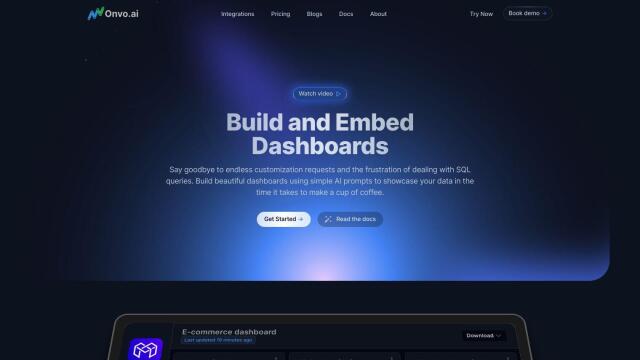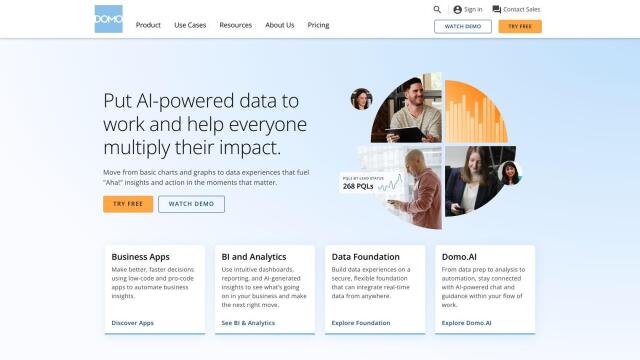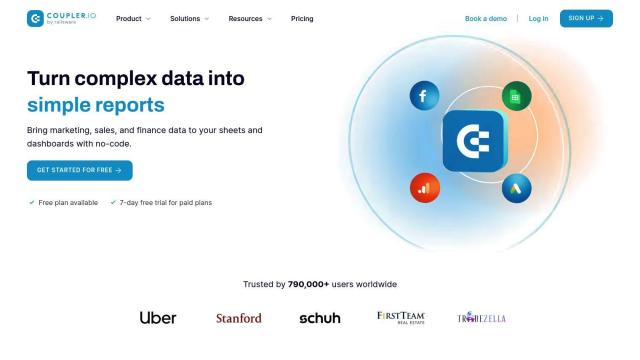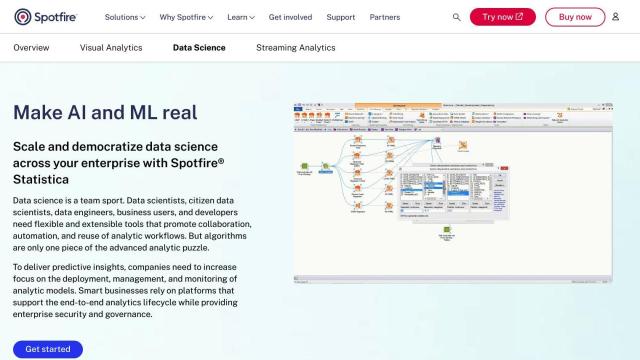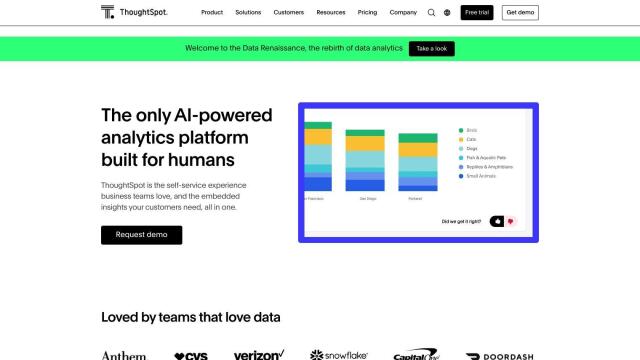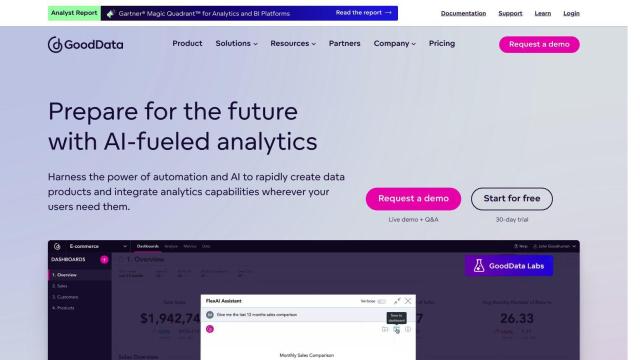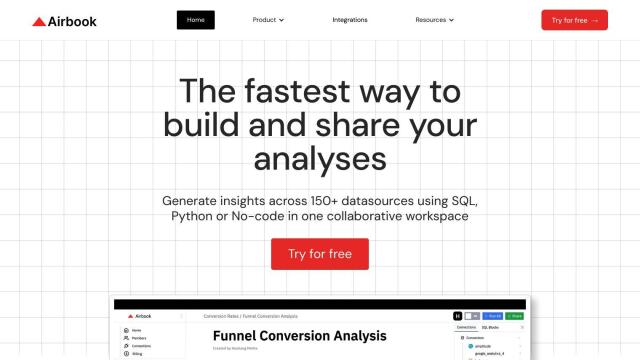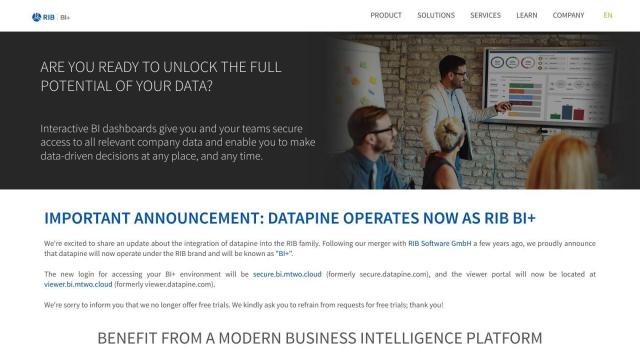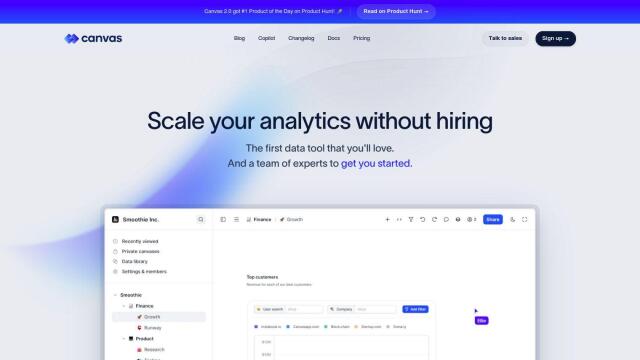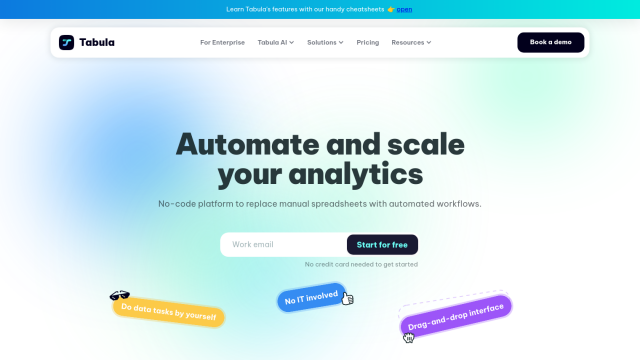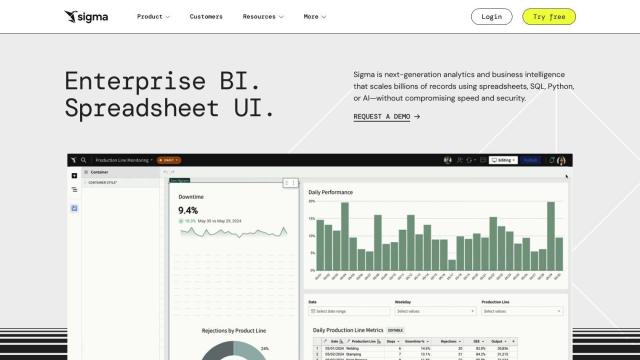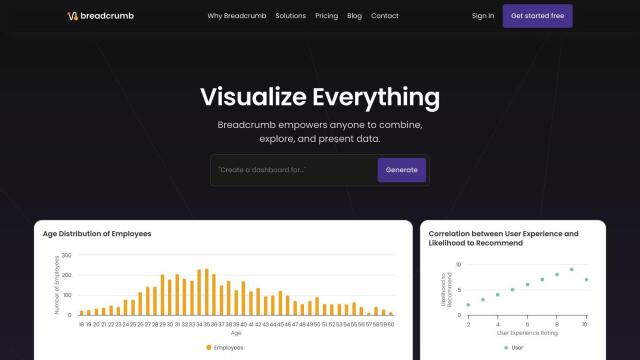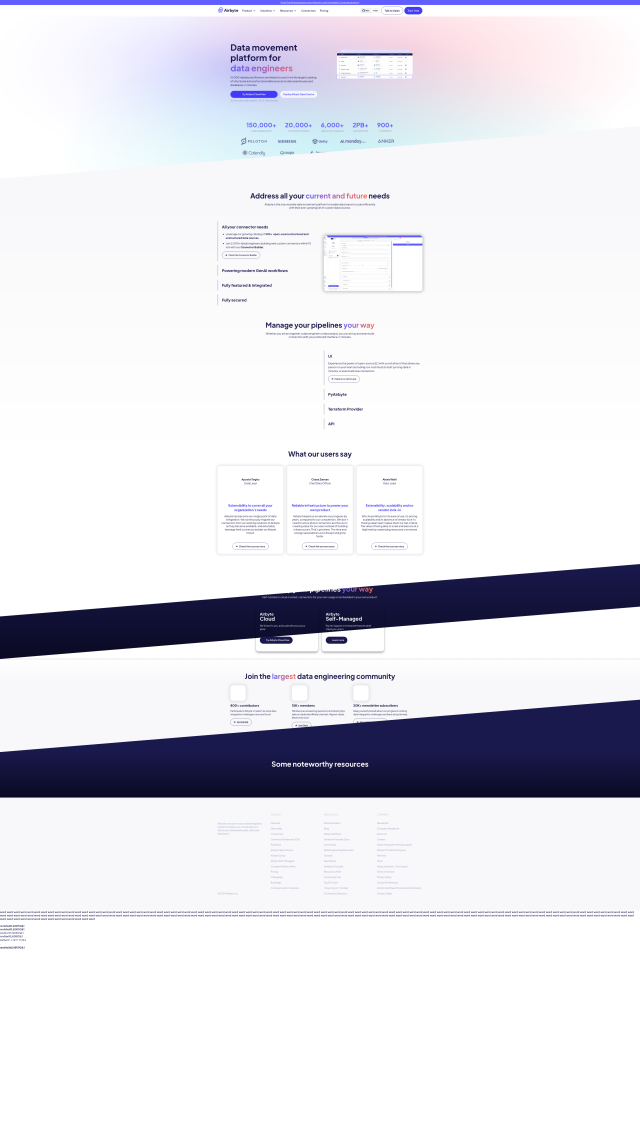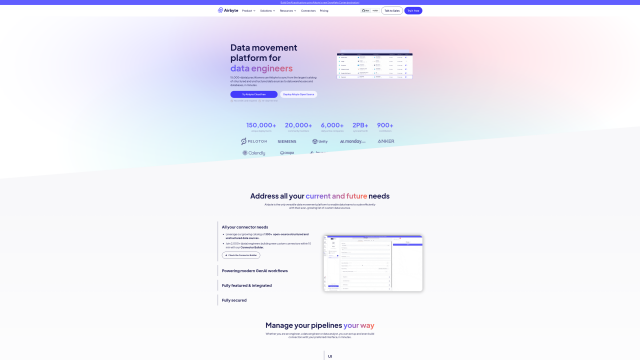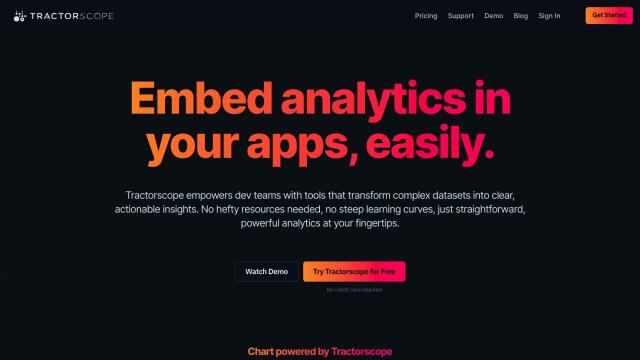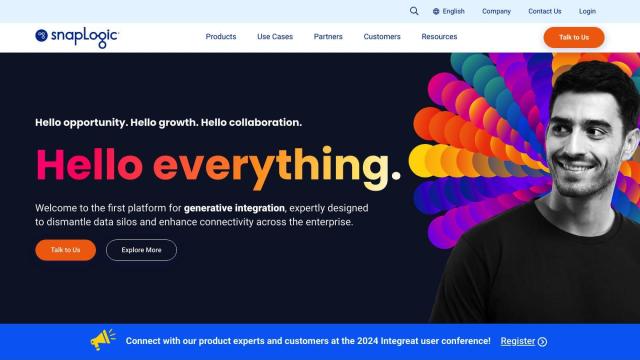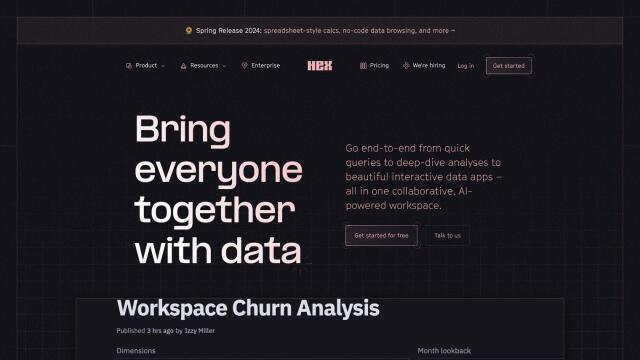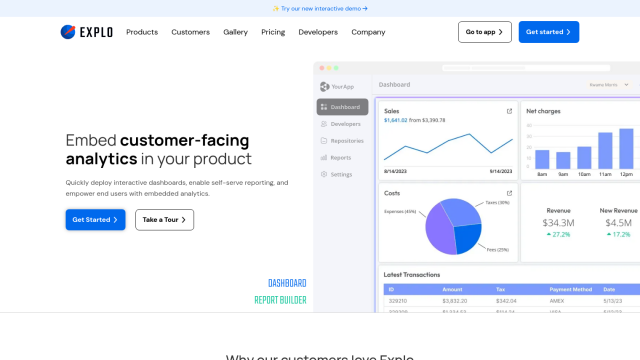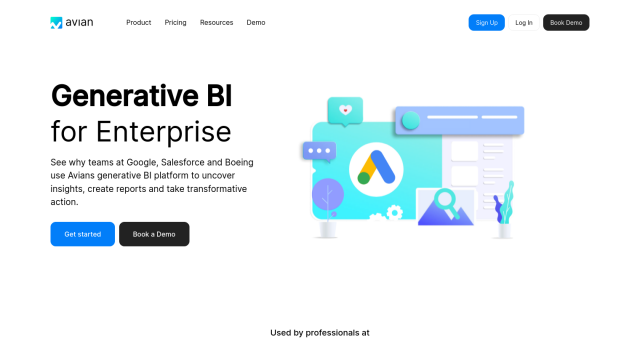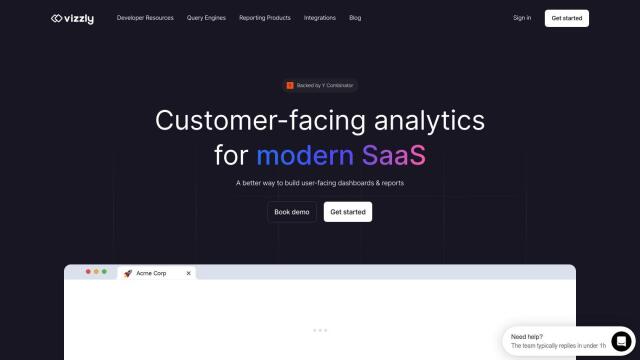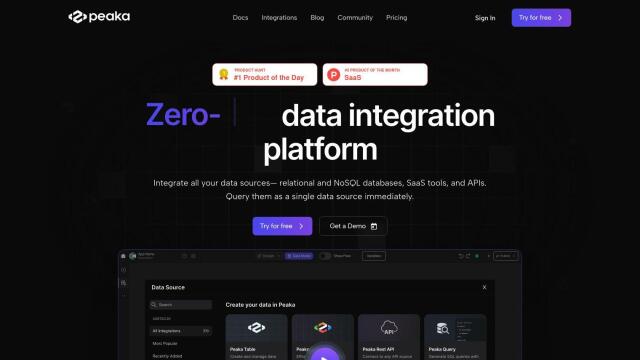Question: I'm looking for a platform that integrates with multiple data sources and lets me build custom dashboards with ease.

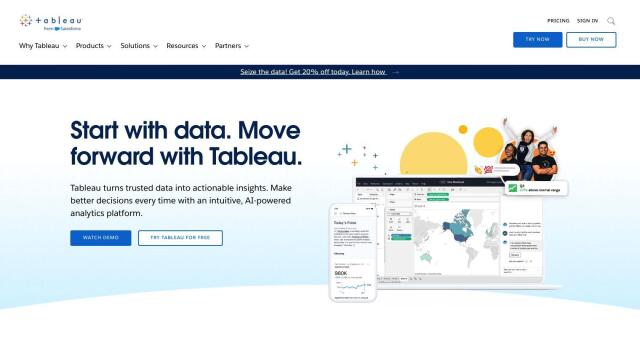
Tableau
If you want a platform that can handle multiple data sources and that lets you create your own dashboards, Tableau is a great choice. It can connect to a broad range of databases and offers a drag-and-drop interface for creating visualizations. Tableau also offers a range of deployment options, including cloud, on-premises and Salesforce CRM, and includes AI/ML abilities, governance tools and collaboration tools. Its community approach is popular with customers like Whole Foods Market and Keybank.

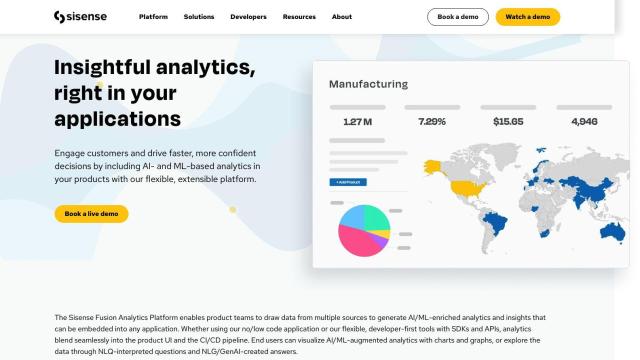
Sisense
Another contender is Sisense, which lets customers build AI-infused analytics into their own applications. It's designed to meet a broad range of analytics needs with integrated data connections, AI and machine learning. Sisense offers pro-code, low-code and no-code options for advanced analytics and supports data visualization with drag-and-drop interfaces. It also offers developer tools and end-to-end security governance so it can be customized to meet different business needs.

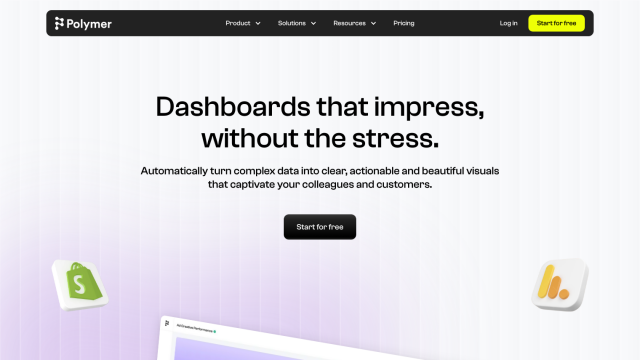
Polymer
If you want a more automated dashboard creation experience, check out Polymer. The AI-powered service can link multiple data sources together and create the first dashboard in minutes without requiring any expertise. Polymer has more than 20 data connectors and features like AI-driven insights, personalized visualization and real-time dashboard updates. It also offers easy sharing and collaboration tools so data-driven decision making can be spread to a wider audience.

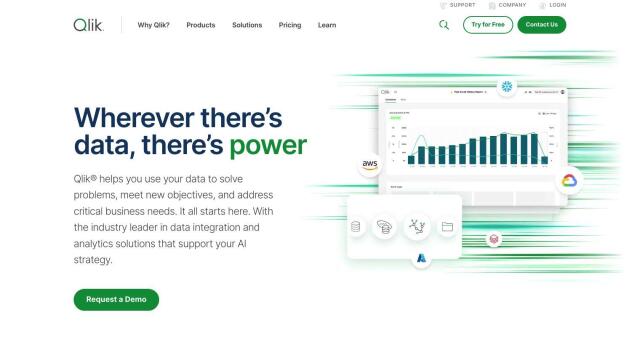
Qlik
Last, Qlik has a broad suite of products for data integration, analytics and AI. It has a wide range of data source connections and a rich data fabric that can be used for deeper analysis. Qlik's abilities include data streaming, application integration, data warehouse automation and AI-infused features like AutoML. It's designed for a wide range of industries and roles, with flexible pricing and a lot of resources to help customers get the most out of its products.

